First LGBT contingent to march in D.C. St. Patrick’s Day Parade
Local activist Pat Hawkins has lead the organizing effort to recruit LGBT marchers

Photo by Todd Franson
When Dr. Pat Hawkins was growing up in Grosse Pointe, Mich. as a child, her parents always used to take her to see Detroit’s St. Patrick’s Day Parade.
“I had two grandparents who were Irish, so that’s the background I most identified with,” Hawkins says. “I’ve had a long history of watching the St. Patrick’s Day Parade, in many different cities, but I’ve never been able to march in the parade.”
That is, until this year, when Hawkins, working in coalition with The DC Center for the LGBT Community, successfully managed to get approval to have an LGBT march in the St. Patrick’s Day Parade for the first time in D.C. history.
“We had tried last year to get in, but the organizers ended up getting back to us too late,” Hawkins says. “So this year we decided to try earlier, and they came back to us and said, ‘Welcome aboard.'”
Although other major cities like New York and Boston have historically experienced conflict between prospective LGBT marchers and parade organizers, which are often socially conservative organizations that have strong ties to the Roman Catholic Church, no such rift exists in D.C., Hawkins says. In fact, from her perspective, an LGBT contingent fits in perfectly with D.C.’s parade, which has always been much more diverse than your usual St. Patrick’s Day event. For instance, the parade typically features dancing, musical or performance groups from different countries or ethnic backgrounds, including China, Germany and Bolivia. As Hawkins herself says, “You don’t have to be Irish to enjoy St. Patrick’s Day. …I just think we’re a more open and welcoming city in D.C.”
The LGBT contingent will march in the middle of 23 groups that comprise Division D, the last of four divisions participating in the parade, which kicks off at noon. Hawkins will be driving her car, adorned with rainbow flags, shamrocks and other Irish-themed decorations.
“I’ll even be carrying my great-great-grandfather’s shillelagh,” Hawkins says brightly, referring to an Irish carved walking stick that is often handed down through generations of a family.
Although Hawkins contacted the offices of some national LGBT groups, including PFLAG, to try and generate publicity for the contingent, she hasn’t been able to keep close tabs due to a recent bout of pneumonia. Still, she’s hopeful that the press she and The DC Center have generated so far will be enough to form a sizable contingent.
“I have no idea if we’ll have 10 people or 20 people, or whatever,” she says. “But again, this is new. Once we get them, we hope to set up a permanent committee to work on organizing contingents for future parades.”
The Washington, D.C. St. Patrick’s Day Parade will take place at 12 p.m. on Saturday, Mar. 14 in downtown Washington. Those interested in marching with the LGBT contingent must meet at 11 a.m. near the intersection of 7th Street NW and Madison Drive NW. For those interested in watching, the best vantage point is at 7th Street NW and Constitution Avenue NW. For more information, visit thedccenter.org.
Support Metro Weekly’s Journalism
These are challenging times for news organizations. And yet it’s crucial we stay active and provide vital resources and information to both our local readers and the world. So won’t you please take a moment and consider supporting Metro Weekly with a membership? For as little as $5 a month, you can help ensure Metro Weekly magazine and MetroWeekly.com remain free, viable resources as we provide the best, most diverse, culturally-resonant LGBTQ coverage in both the D.C. region and around the world. Memberships come with exclusive perks and discounts, your own personal digital delivery of each week’s magazine (and an archive), access to our Member's Lounge when it launches this fall, and exclusive members-only items like Metro Weekly Membership Mugs and Tote Bags! Check out all our membership levels here and please join us today!



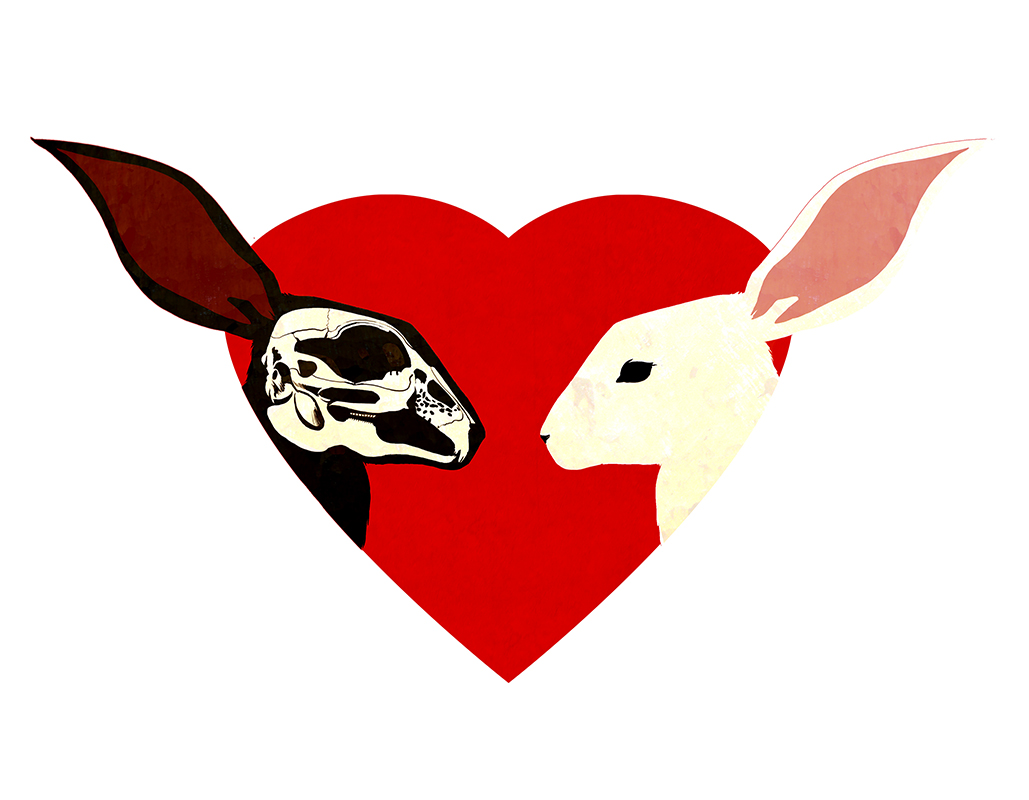

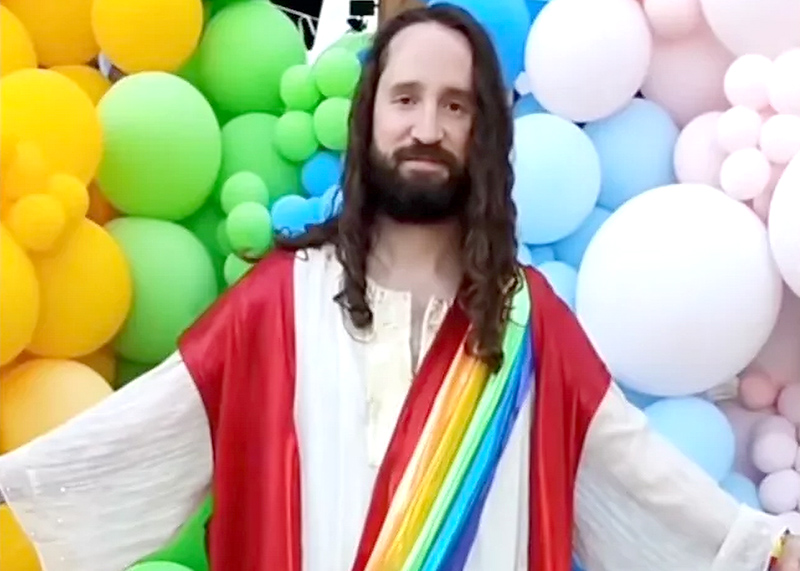













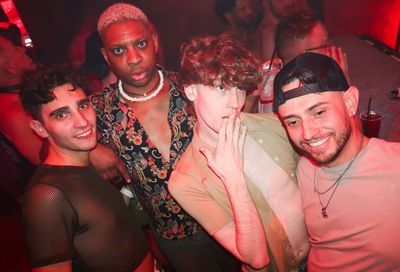
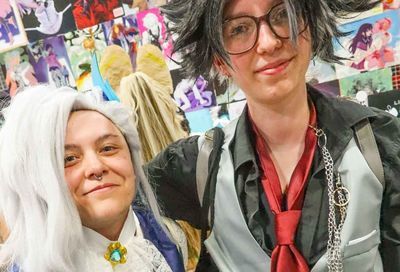
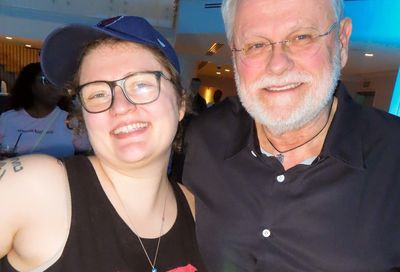
You must be logged in to post a comment.